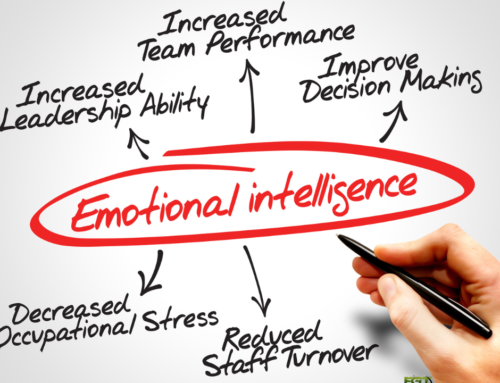Develop a Reputation for Adding Value in Meetings
Who hasn’t experienced unproductive and time-consuming meetings that fail to yield concrete outcomes?
I certainly have.
We want to avoid them for that very reason. “What a waste of time that was,” is often the comment you hear when everyone returns to their desk or work area.
But meetings are crucial for any company; they can be a platform for collaboration, decision-making, and important information sharing.
Let’s talk about some ideas that can help make any meeting more valuable and worth everyone’s time.
Make them purpose-driven
To add value to meetings, it is essential to have a clear understanding of their purpose. Before scheduling a meeting, ask yourself: What is the objective for bringing everyone together? By defining the objective—the purpose—you can ensure that meetings are focused, productive, and valuable to all participants. Do not schedule meetings simply for the sake of seeing them regularly on your calendar. Make the minutes count.
Have an agenda (please!)
An effective agenda is key to adding value to meetings. It serves as a roadmap for the discussion and ensures that topics are covered efficiently. When preparing an agenda, consider outlining clear objectives and what needs to be achieved in the meeting. This helps participants understand the desired outcomes and motivates them to contribute effectively. The time to schedule the meeting is after you have a predetermined structure that you can share in advance.
Set realistic timeframes
Estimate the time required for each agenda item, ensuring the meeting does not overrun. This allows participants to plan their schedules accordingly. It’s also a good idea to arrange the agenda items in order of importance—this ensures that crucial matters are addressed before less pressing issues. Long meetings can be draining and reduce participants’ attention and engagement. Incorporate short breaks to rejuvenate attendees and maintain their focus. Do not power through meetings.
Encourage participation from everyone
Active participation is crucial for adding value to meetings; it fosters collaboration and enables different ideas and perspectives to be shared. It’s also a good idea to establish ground rules that encourage open dialogue (and discourage interruptions or dismissive behavior). Ensure that all attendees have an opportunity to contribute by calling on individuals who may be quieter or less assertive. Ensure each person has had an opportunity to contribute and acknowledge the contribution.
Be diligent and efficient
Assign specific roles to participants, such as a timekeeper or a note-taker. This distributes responsibilities, encourages accountability, and ensures everyone is actively engaged throughout the meeting. By reducing unnecessary delays and distractions, you can maximize productivity and add value to the overall meeting experience. Punctuality is essential to respect participants’ schedules. Do not conduct a meeting with a lackadaisical approach.
Be selective and thorough
Inviting too many people to a meeting can lead to unproductive discussions and excessive delays. Determine the essential stakeholders and only invite individuals who directly contribute to the meeting’s objectives. At the end of your meetings, try to summarize the action items and assign the responsibilities required. This ensures that decisions made during the meeting are implemented effectively. Ensure that every participant leaves knowing what is expected and decided.
By implementing these steps and strategies, any company or organization can effectively add value to their meetings. Every step contributes to enhancing the meeting experience and fostering collaboration. Remember, a well-planned and purpose-driven meeting is a valuable investment in your organization’s success.
What to Read
- HBR Guide to Making Every Meeting Matter by Harvard Business Review
- Death by Meeting: A Leadership Fable about Solving the Most Painful Problem in Business by Patrick Lencioni






